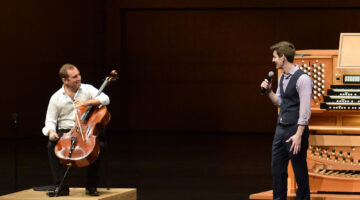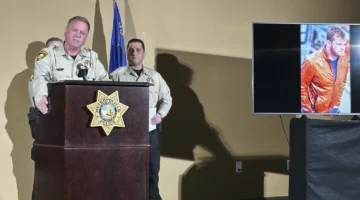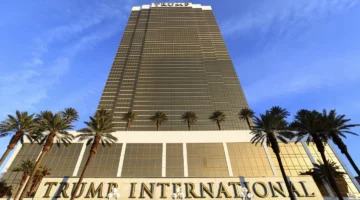Trump to sign order on political limits for churches
WASHINGTON (AP) — President Donald Trump plans to sign an executive order Thursday targeting a rarely enforced IRS rule that says religious organizations and other non-profits that endorse political candidates risk losing their tax-exempt status.
The order also promised “regulatory relief” for groups with religious objections to the preventive services requirement in the Affordable Care Act, according to a White House official. Those requirements include covering birth control.
Still it was not clear just how those pledges would be carried out and the plans fall short of what religious conservatives expected of the president, who won overwhelming support from evangelicals by promising to “protect Christianity” and religious freedom.
Trump will sign the order as he marks the National Day of Prayer at the White House Thursday. He was hosting members of his evangelical advisory board at a dinner Wednesday night and planned to meet Catholic cardinals in the Oval Office before signing the order.
Trump has long pledged to protect religious freedom. He promised to “totally destroy” the law prohibiting the political activities, known as the Johnson Amendment, when he spoke in February at the National Prayer Breakfast, a high-profile Washington event with faith leaders, politicians and dignitaries. Fully abolishing the regulation would take an act of Congress, but Trump can direct the IRS not to enforce the prohibitions.
The White House official, who sought anonymity despite the president’s criticism of anonymous sources, told reporters Wednesday night that the order will direct the IRS to use “maximum enforcement discretion” over the rule. The move is favored by some of the Christian conservatives who helped fuel his rise to the presidency.
The regulation, named for then-Sen. Lyndon Johnson, was enacted in 1954 and prohibited partisan political activity for churches and other tax-exempt organizations. The policy still allows a wide range of advocacy on political issues, but in the case of houses of worship, bars electioneering and outright political endorsements from the pulpit. The rule has rarely been enforced.
The IRS does not make public its investigations in such cases, but only one church is known to have lost its tax-exempt status as a result of the prohibition. The Church at Pierce Creek in Conklin, New York, was penalized for taking out newspaper ads telling Christians they could not vote for Bill Clinton in the 1992 presidential election. Even so, some religious leaders have argued the rule has a chilling effect on free speech, and have advocated for years for repeal.
Easing political activity rules for churches also raises questions about whether churches could be pulled into the campaign finance sphere and effectively become “dark money” committees that play partisan politics without disclosing donors.
The order’s health care provision could apply to faith-based groups like the Little Sisters of the Poor, who run more than two dozen nursing homes for impoverished seniors, and have moral objections to paying the birth control costs of women in the health plans. The Obama administration created a buffer meant to shield those groups, but they said it didn’t go far enough. They continued to press their case in the courts. Last year, the Supreme Court asked lower courts to take another look at the issue in search of a compromise.






No Comment